As a child, I was not athletic at all, quite the opposite in fact. Now, in my 50s, I keep my body fat percentage at around 3-5% all year round. I don't diet to do this - bodybuilding training is not for me and I think a bodybuilding lifestyle is harmful. I regularly work 60-80 hour weeks and I can and will only train for the absolute minimum. With mental biohacking using the DesignYou method, losing weight is a breeze and an athletic, muscular, sporty body is really easy to achieve. And I would be happy to show you how you can easily achieve this too. In addition to more than 10 years of research and development in the field of prevention, performance enhancement and figure management, I have been able to gain some special experiences in my life. Especially mentally and physically very difficult situations have repeatedly given me the impetus to delve deeper into the workings of the body, the psyche and the mental component. My competitive sports career, first as a swimmer, then as a triathlete, then as a powerlifter and finally as a bodybuilder, and thus in very different areas in connection with autodidactic studies, have laid the foundation for a deeper understanding of the functionalities of the human body. Furthermore having been a bodybuilder I had had my fair share of experiences with PEDs 20 years ago, but also researching that field thoroughly, publishing books about it and gaining priceless insight about the functionality of the human body and and mind. Dangers are even worse than most people believe, which was another reason for me to heavily focus on developing an alternative. That was the basis of my coaching. However, after the number of my fitness clubs had grown to 3, I was no longer able to take care of my customers myself, nor coach them, and so over the years I was faced with the task of training countless fitness instructors. To my regret, however, I found that it is extremely difficult to convey a deeper understanding of physical interrelations to someone who has no real experience of competitive sports. I was constantly struggling with the problem that trainers mainly tried to push their personal preferences on fitness club members. However, I consider it crucial to first understand the customer and their individual situation, to fathom their starting point and requirements, and to develop the right solution for them, instead of trying to influence them to do what you think is best for yourself. But unlike in the past, the situation today is far more dramatic. While in the past my customers had a direct relationship with their trainer, many people interested in fitness today are faced with the question of which influencer they want to follow. They are then forced to accept tips from someone they only know from their marketing self-presentation, i.e. from the web, hyperreality - and and this influencer is also someone who doesn't know you at all. But nobody knows your body as well as you do, and nobody can know it as well. Therefore, the most important task of a real coach is to support his client in getting to know his own body better and better, developing awareness, and using this awareness to raise his true potential and achieve success that he previously thought was completely impossible. And so all these experiences finally led me to start developing a digital personal coach. My experiences and insights from the intensive training of analytical and networked thinking, countless self-experiments and examinations of test subjects have finally led me to develop the method of Mental Biohacking.
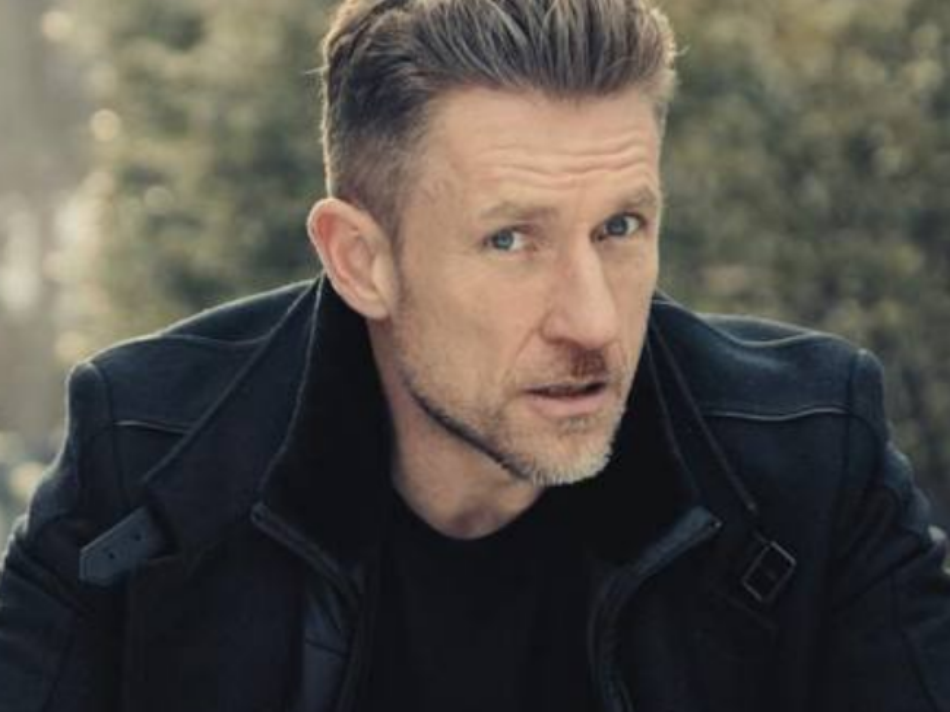
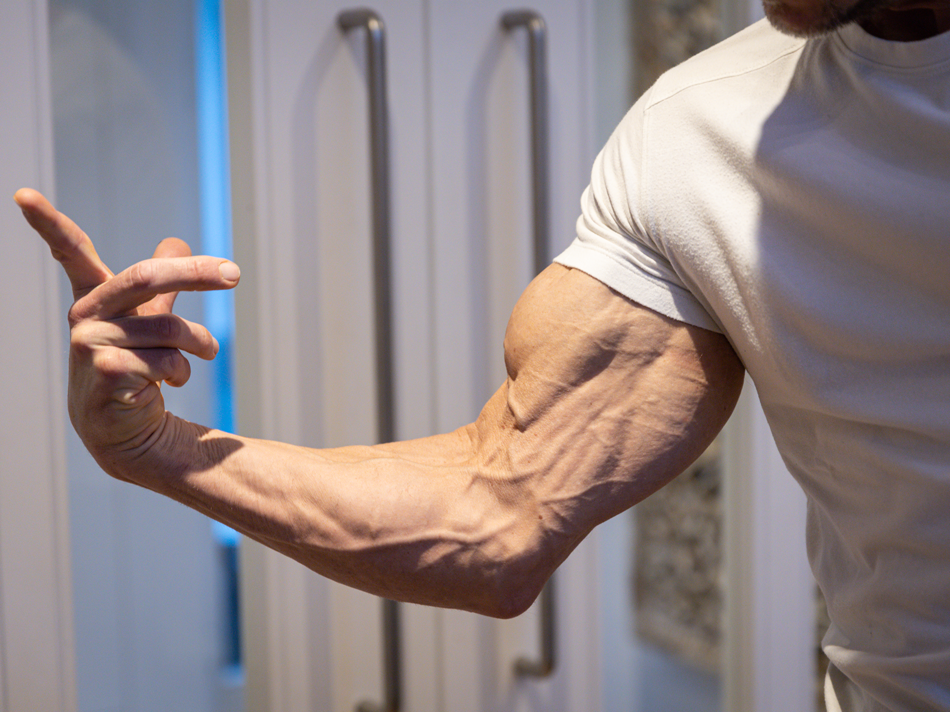

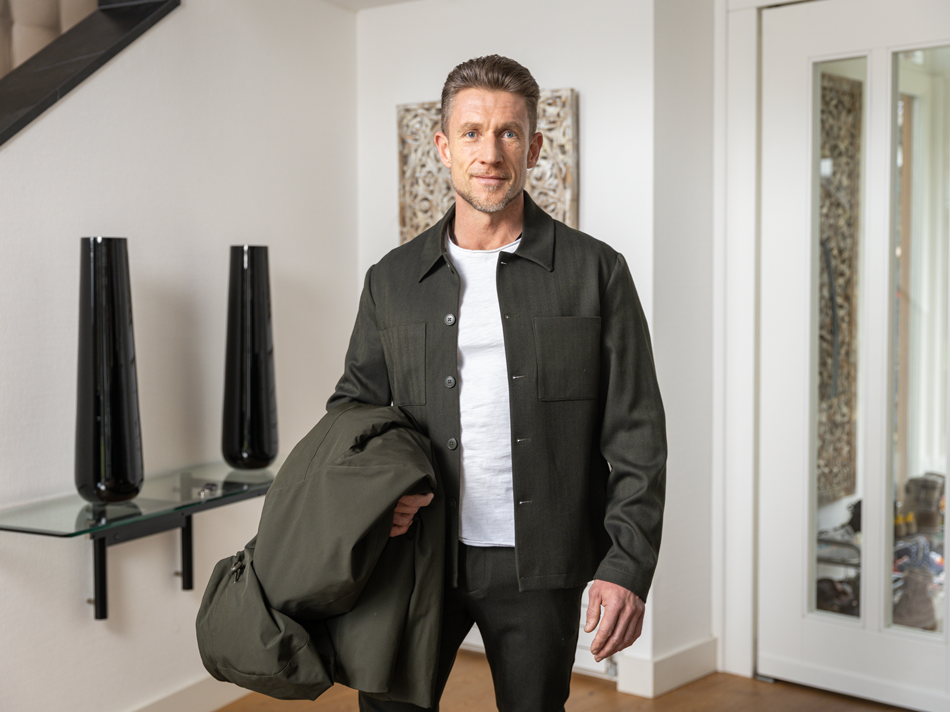
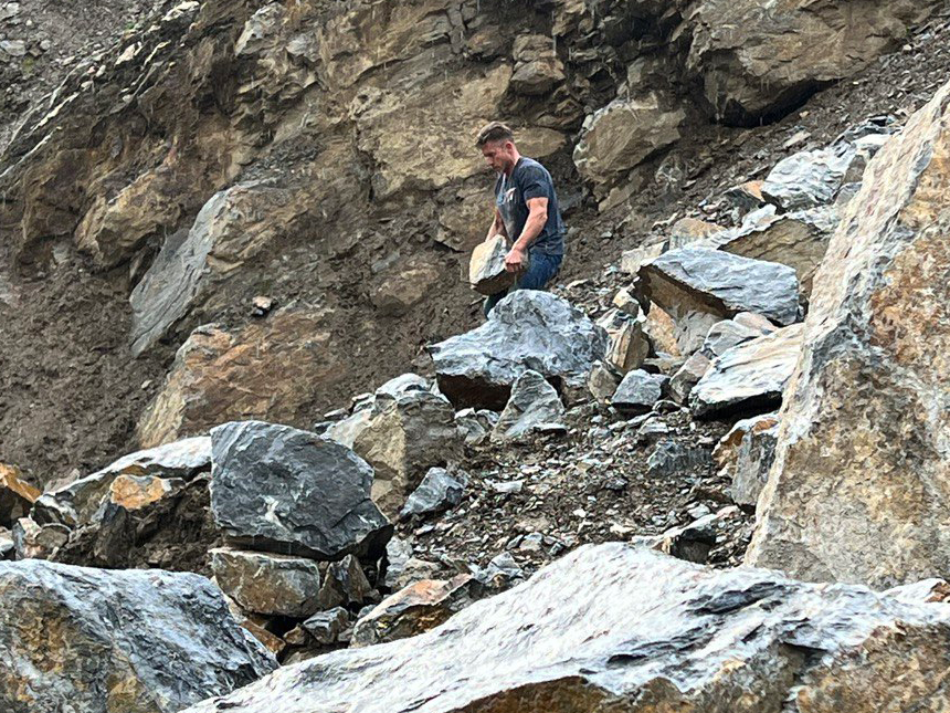

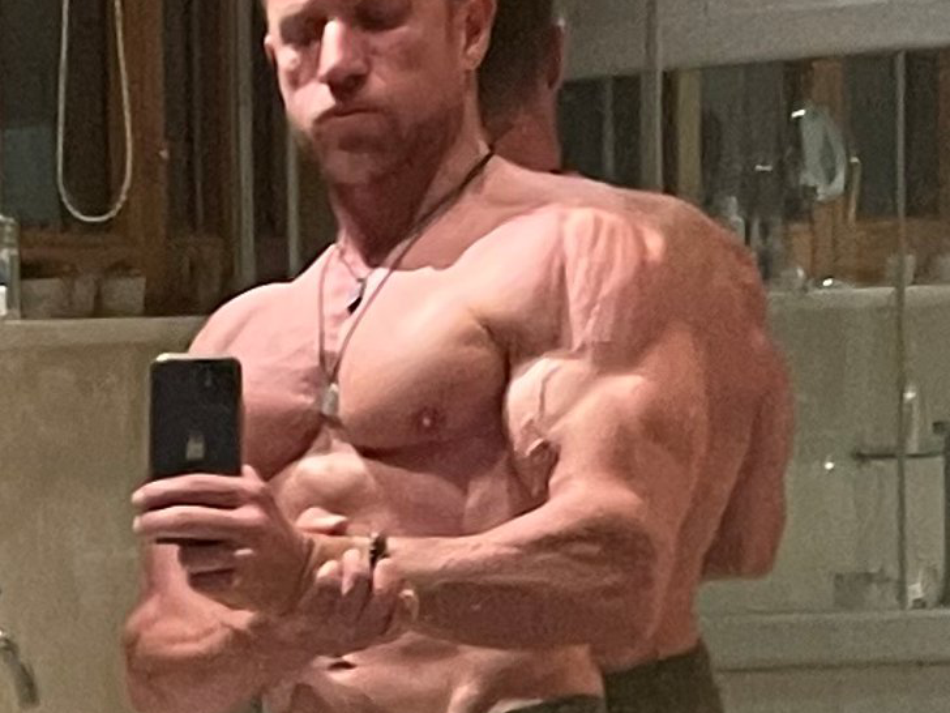
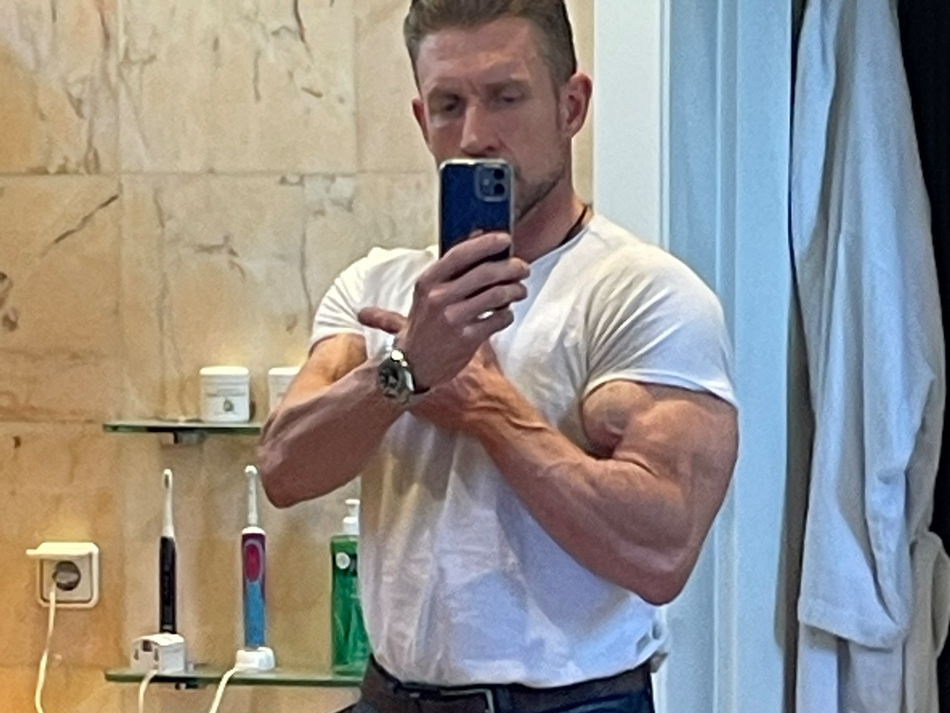

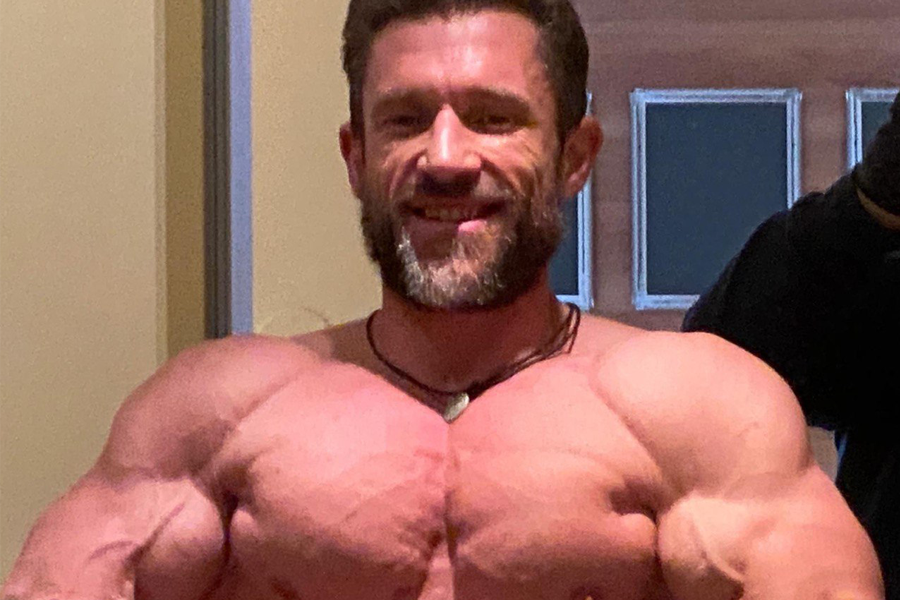
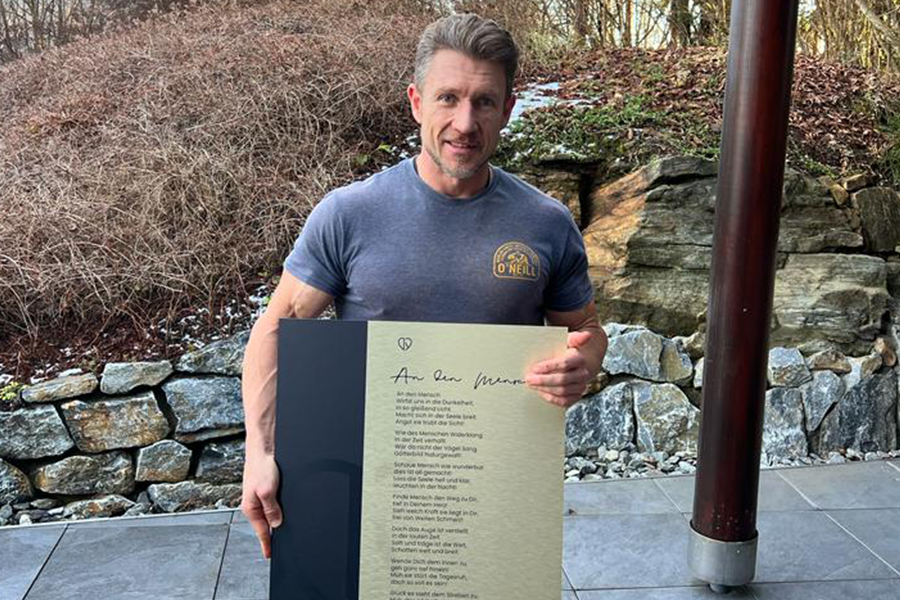
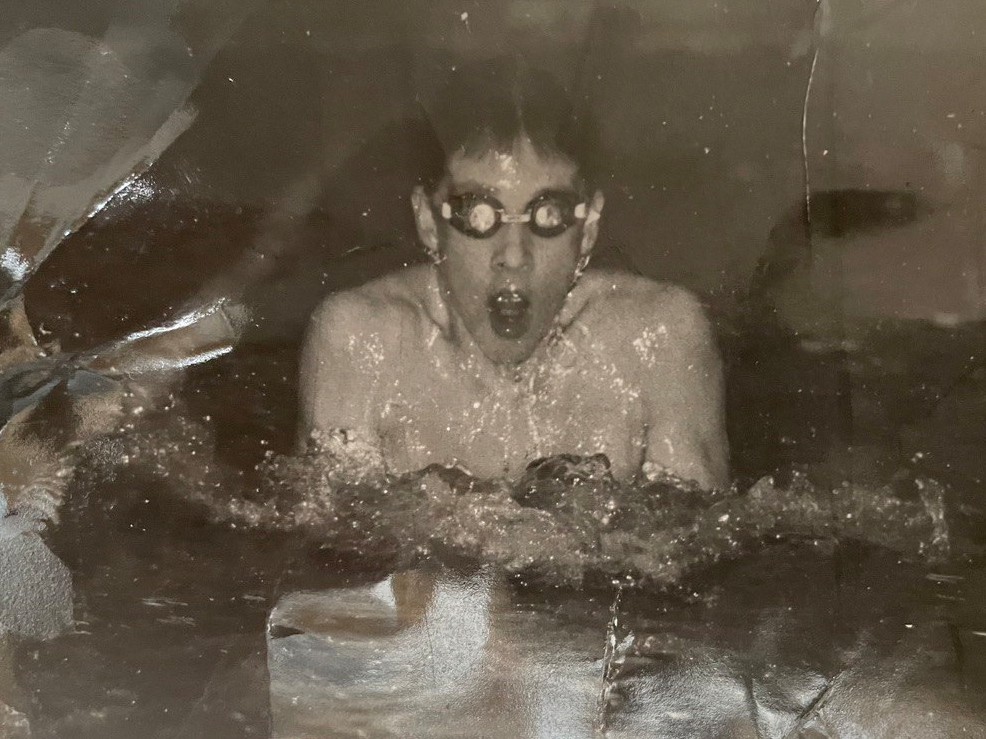
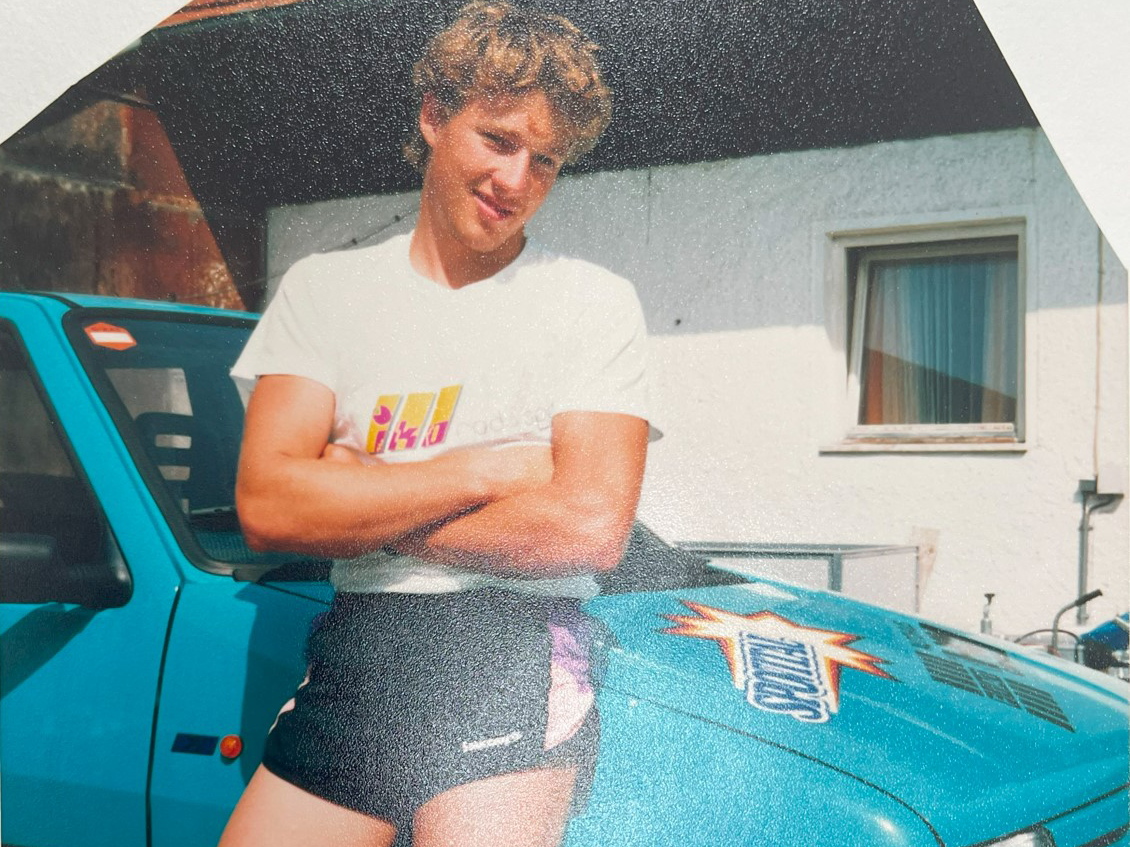
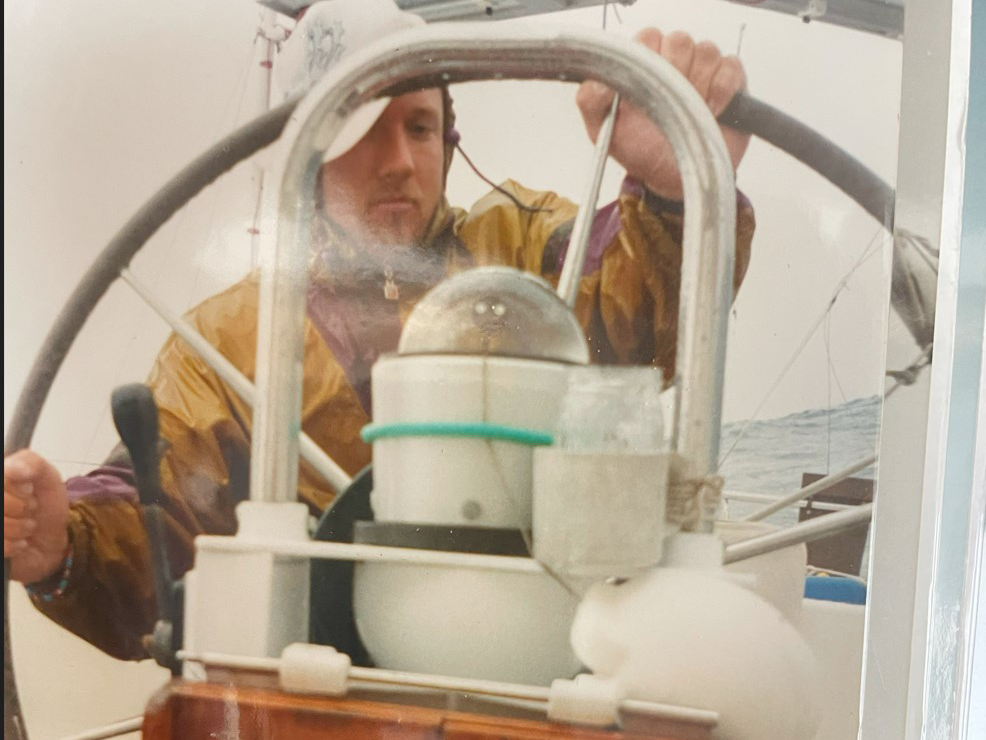
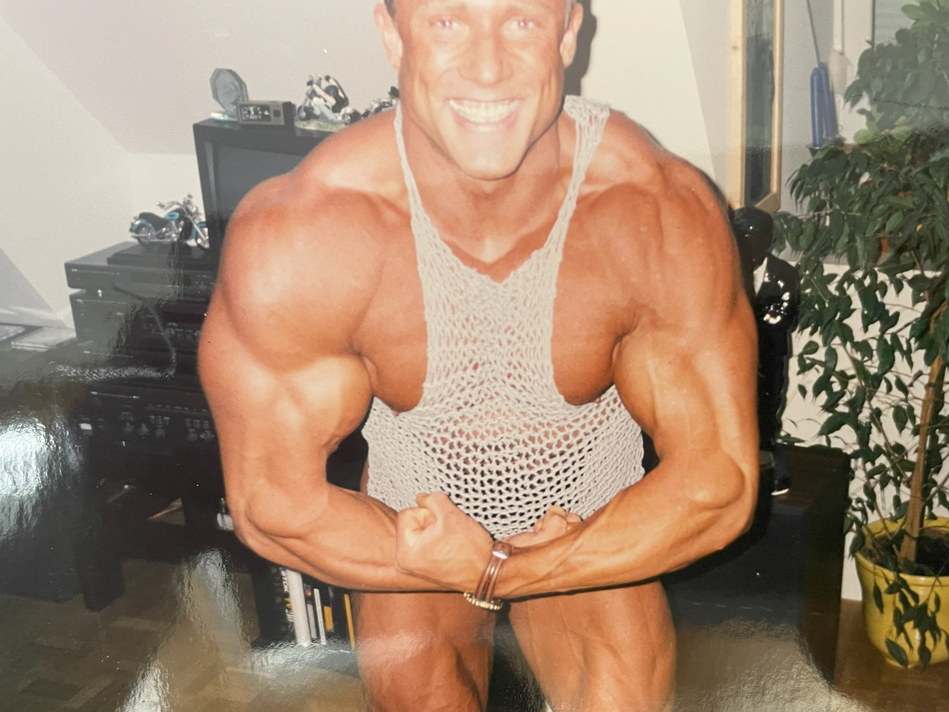




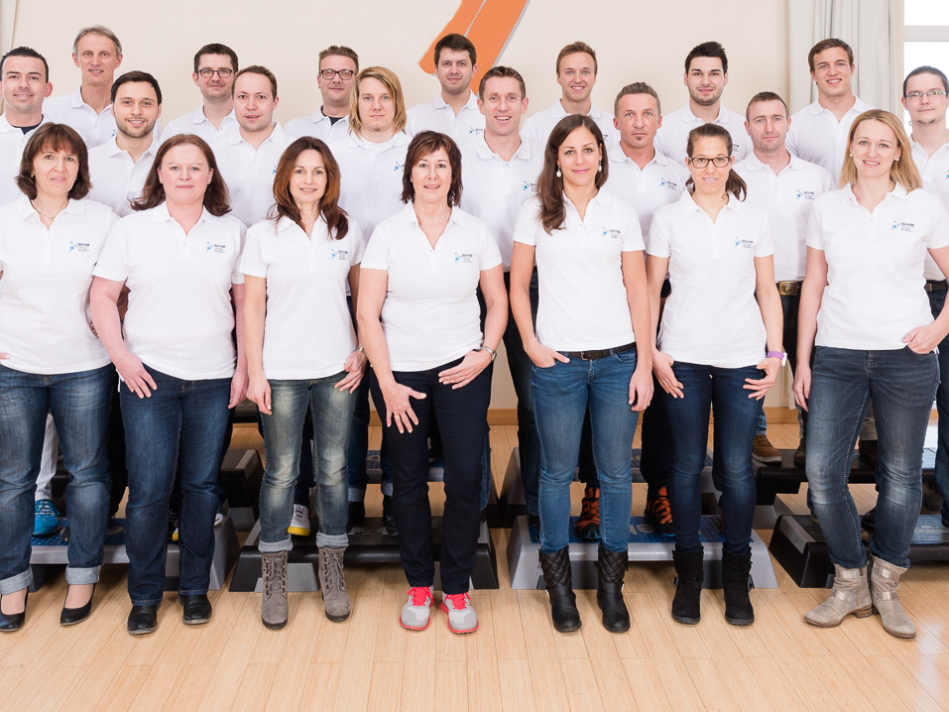


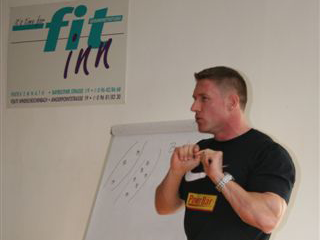
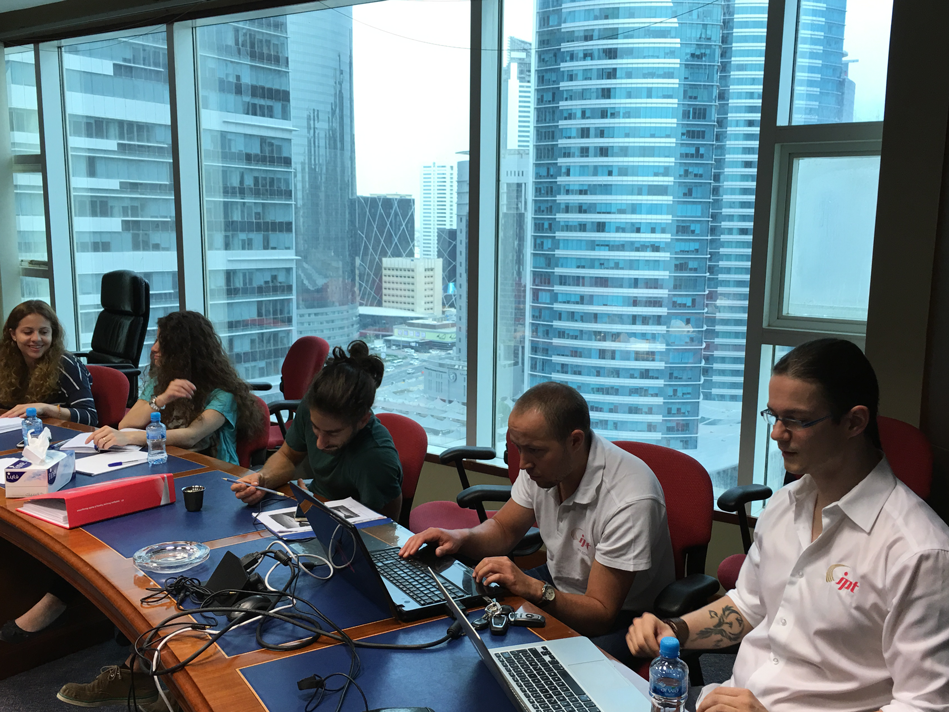
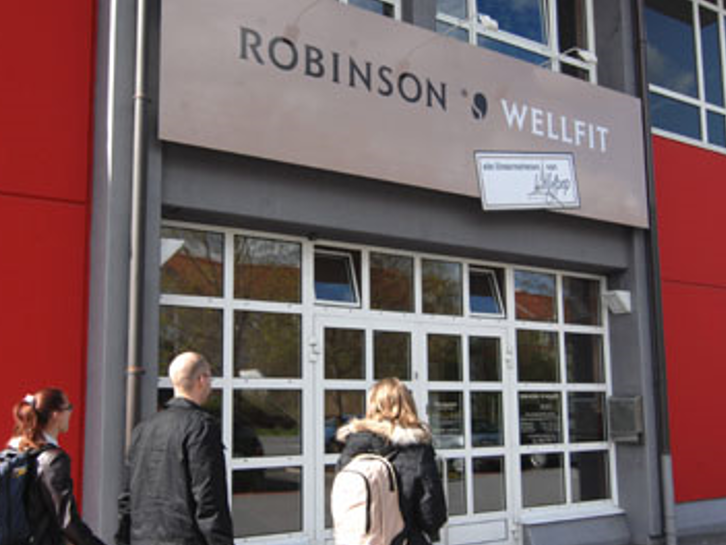
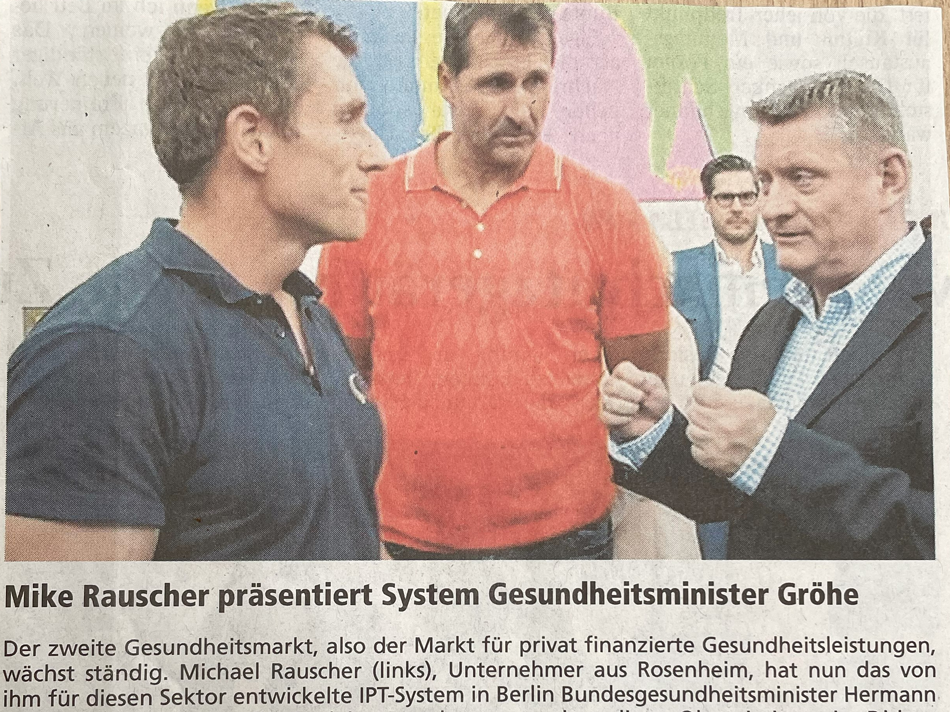

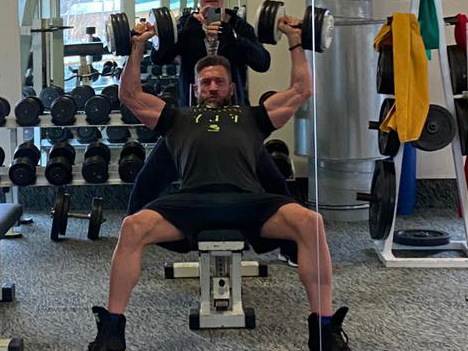
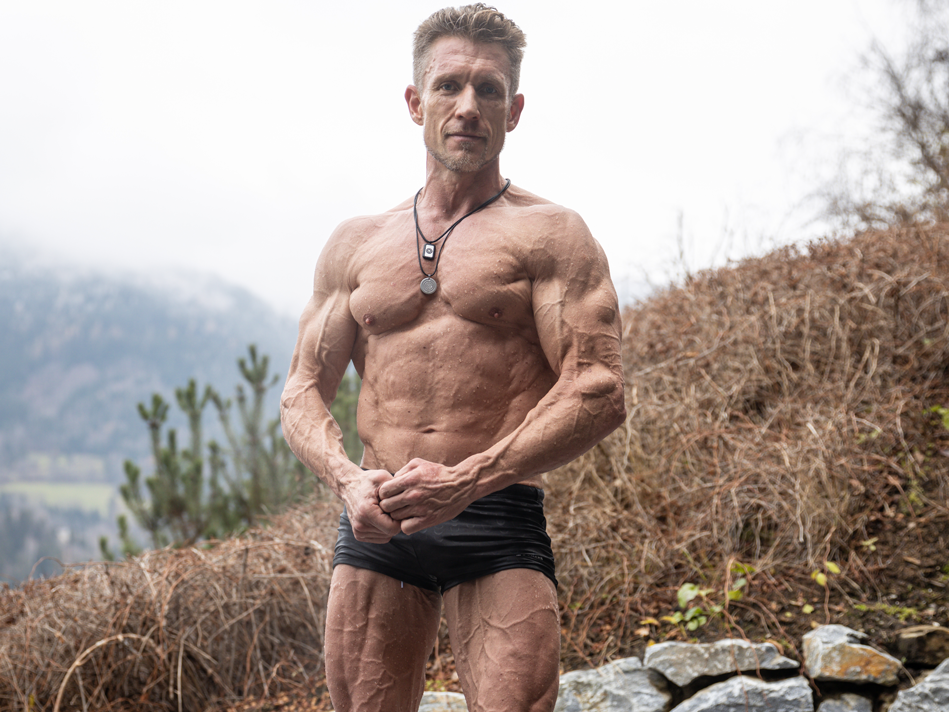
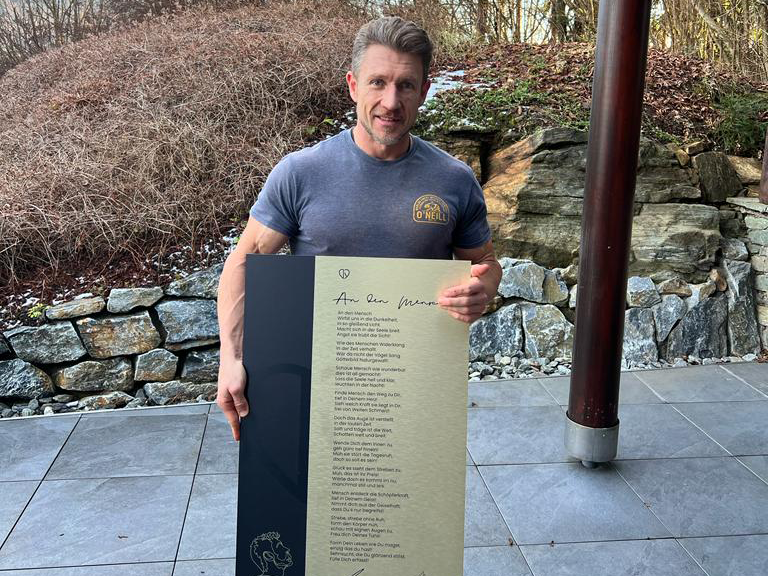
 .
.